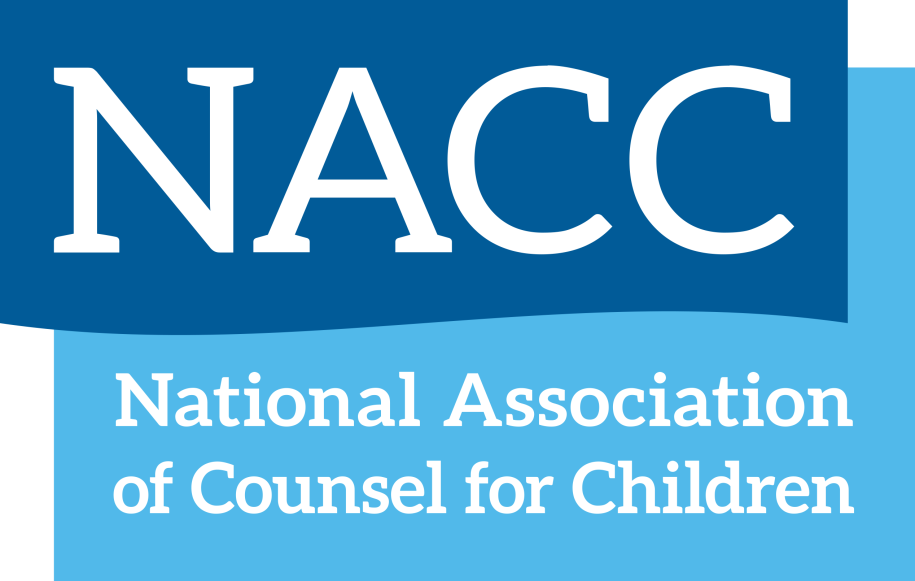Attorneys representing children and youth in foster care cases have an affirmative duty to advance equity for their clients. This responsibility is particularly important when providing legal representation to LGBTQIA+ youth, who experience disproportionate and disparate child welfare outcomes. NACC offers this tip sheet to help child welfare practitioners evaluate and ensure reasonable efforts for these clients.
FIRST, UNDERSTAND THE DATA
- LGBTQIA+ youth are 1.5 to 2.5 X more likely to experience foster care.
- Nearly 1/3 of youth in foster care identify as LGBTQIA+
- LGBTQIA+ youth experience high rates of harassment, bullying, and exclusion in foster care and are more likely to experience multiple placements and institutional care. They are also at heightened risk of “crossover” to the juvenile legal system.
- LGBTQIA+ youth in foster care experience increased rates of anxiety and depression due to stigma and rejection; they are 2.6 times more likely to report a suicide attempt in the past year than LGBTQIA+ youth not in foster care. Youth of several identities, including Black and Indigenous LGBTQIA+ youth, are at heightened risk of these outcomes.
- Family and community rejection exacerbates mental health concerns; family and community support and affirmation of a youth’s identity mitigates them.
NEXT, REVIEW THE FEDERAL LAW AND GUIDANCE ON REASONABLE EFFORTS
- Federal law requires child welfare agencies to make reasonable efforts to prevent child removal and to achieve permanency.
- Service plans must be customized to the child/family, consistent with the permanency goal, and address limitations (such as transportation barriers).
- In 2022, the U.S. Children’s Bureau issued formal guidance to states explicitly linking affirming support and services for LGBTQIA+ youth to the reasonable efforts mandate.
- Active Efforts is applicable in ICWA cases.
- Federal regulations require LGBTQIA+ youth to have access to “Designated Placements” that are supportive, specifically trained, and facilitate access to services and activities that support their health and wellbeing.

